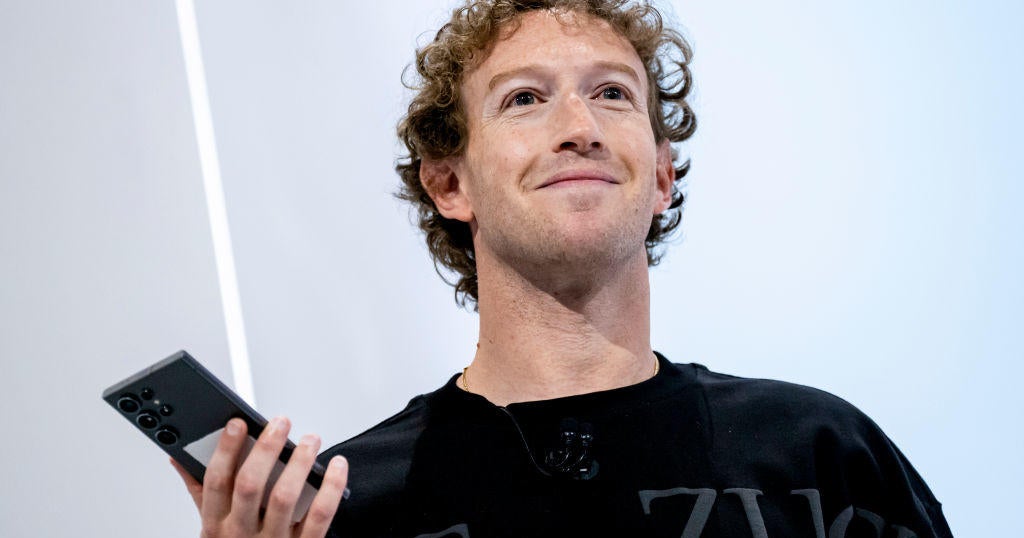The opinions expressed below are those of Jon Keller, not those of WBZ, CBS News or Paramount Global.
BOSTON – Meta – the parent company of Facebook, Instagram and Threads – has announced it is ending its fact-checking program.
Why did Meta stop checking facts?
Instead of fact-checking by trained journalists, the company allows crowdsourced annotations on posts, similar to what you might find on X.
The change raises eyebrows – and alarm – about misinformation. Online foreign interference in Donald Trump’s 2016 victory ushered in the age of social media fact-checking. And now Trump’s return to office has apparently heralded this, with other social media platforms expected to follow Meta’s dismissal of fact-checking.
“It’s clear they feel threatened,” said Dan Kennedy, a journalism professor at Northeastern University who is an expert on the First Amendment. “Should they feel threatened? I certainly hope not, but I think we will find out from January 20.”
Or maybe not. Tech titans like Zuckerberg, Amazon’s Jeff Bezos and Apple’s Tim Cook have made headlines since Election Day by meeting with Trump and donating heavily to his Inauguration Fund.
In his online statement announcing the fact-check withdrawal, Zuckerberg said, “The recent election also feels like a cultural tipping point.” He and others have been the target of legal and regulatory threats from Trump in the past, and it is an article of faith on the right that both social media and professional fact-checkers have been biased against conservatives.
Has all that pressure put Zuckerberg on his heels? When Trump was asked about that today, he said, “Probably, probably.”
Is false language on the rise?
“The kind of freedom of speech that has gained momentum today is freedom of speech that is often untrue and sometimes dangerous,” Kennedy said.
The move was a blow to Katie Sanders and her award-winning team at Politifact, which until now had been part of Meta’s fact-checking system.
“I can’t say what their motivations are, but it’s all timed to a certain moment, you know?,” she said. “Zuckerberg even said bad things can happen. They seem willing to accept that. … It’s always a good time to remind people of the importance of the pillars of media literacy.”
The most important pillar is: “Reader, beware!” Several academic studies have shown that warnings on sketchy stories have been effective in promoting skepticism about these items and reducing their accidental spread. Now it’s back to the days of the Wild West where the reader was forced to look for the truth elsewhere – if they can find it.
While Politifact will likely survive, Zuckerberg’s move today could be a wake-up call for a number of smaller fact-checkers around the world that relied on Meta’s revenue.







